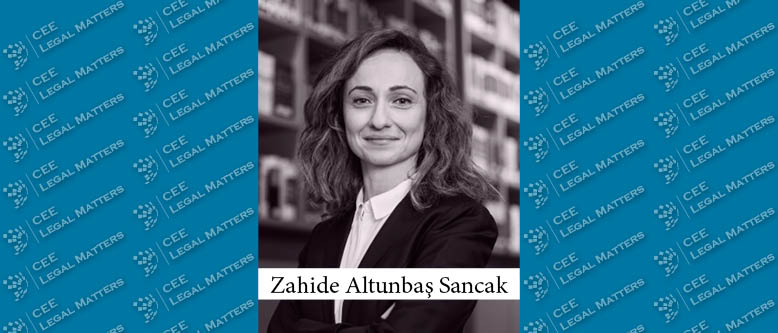The Decree on the Determination of the Companies Subject to Independent Audit ["Decree"] No. 6434 published in the Official Gazette dated November 30, 2022 and numbered 32029, abolished the Decree on the Determination of the Companies Subject to Independent Audit No. 2018/11597 dated March 26, 2018, published in the Official Gazette dated May 26, 2018 and numbered 30432, and amended the thresholds of the criteria for determining the companies subject to independent audit while also amending the scope. These amendments aim to adapt the scope of independent audit to today's needs and to harmonize with the EU regulations.
The Decree will enter into force as of January 1, 2023.
New Thresholds as per the Decree
Pursuant to the relevant provisions of the Turkish Commercial Code No. 6102 [“TCC”], the Presidency (previously, the Council of Ministers) determines which companies are subject to independent audit. As per the (former) Decree on the Determination of the Companies Subject to Independent Audit No. 2018/11597, the companies subject to independent audit were specified as the companies listed in Annex (I) of the relevant Decree, regardless of any criteria, and the companies that exceeded the required thresholds for at least two of the criteria of total assets, annual net sales revenue and number of employees in two consecutive accounting periods. With the newly published Decree, certain amendments have been made to the thresholds for determining the companies to be subject to independent audit. Accordingly;
• The thresholds for companies whose capital market instruments are not traded on a stock exchange or other organized markets, but which are deemed publicly traded within the scope of the Capital Markets Law No. 6362 dated 6.12.2012, have been amended as 30 million TRY in total assets, 40 million TRY in annual net sales revenue and 50 employees. Therefore, these companies will be subject to independent audit if they exceed at least two of these thresholds in two consecutive accounting periods.
• For the companies listed in Annex (II) to the Decree to be subject to independent audit, at least two of the following criteria must be met for two consecutive accounting periods: having total assets of at least 60 million TRY, annual net sales revenue of at least 80 million TRY, or at least 100 employees.
• In terms of companies other than those listed above, the thresholds have been updated as 75 million TRY in total assets, 150 million TRY in annual net sales revenue and 150 employees. That is to say, companies that are not considered publicly traded under the Capital Markets Law and not included in the Annex (II) of the Decree will be subject to independent audit if they meet at least two of the aforementioned criteria in two consecutive accounting periods.
What is Independent Audit?
With the entry into force of the TCC in 2012, the old legal system, which provided for only the internal auditing system, was abandoned and the independent audit set forth under various regulations was introduced, aiming to create a holistic legal structure in the field of independent audit. Even if the initial provisions of the TCC envisioned independent audit for all capital companies, with the amendment in 2012, it was regulated that companies subject to independent audit would be determined according to the criteria to be stipulated by the Council of Ministers (currently, by the Presidency). The above-mentioned Decree was issued for such purpose.
Independent audit regulated under Article 397 et seq. of the TCC is essentially audit and evaluation of the financial statements and annual reports of the board of directors of the companies subject to independent audit by the auditor so as to provide reasonable assurance to the users of such with respect to the compliance of the financial statements with the financial reporting standards, the consistency and accuracy of the relevant statements and reports, and preparation of a report accordingly. Within the scope of the audit, it is also examined whether the Turkish Accounting Standards, the applicable legislation, and the relevant provisions of the articles of association are complied with.
Independent audit is carried out by independent auditors or independent audit firms. Independent auditors are the persons authorized by the Public Oversight, Accounting and Auditing Standards Authority ["Authority"] holding the title of sworn in certified public accountant or independent financial adviser. Independent audit firms on the other hand, are companies authorized by the Authority to operate in the field of independent audit. The auditor is elected by the general assembly of a company for each activity period before the end of the relevant activity period. The elected auditor shall be registered by the board of directors with the trade registry and announced in the Turkish Trade Registry Gazette and on the website. The TCC regulates in detail who cannot be an auditor. Most importantly, an auditor who has been elected as auditor for the same company for a total of seven years within a ten-year period cannot be re-elected by such company until three years have passed.
By Zahide Altunbas Sancak, Partner, Guleryuz & Partners

